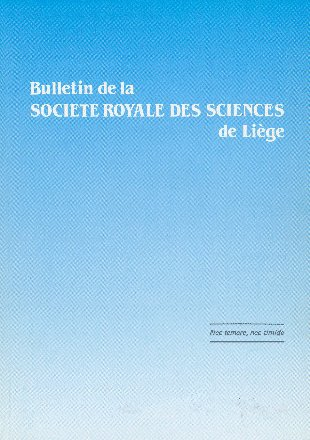- Home
- Volume 80 - Année 2011
- Spectropolarimetry of Beta Lyrae: Constraining the Location of the Hot Spot and Jets
View(s): 469 (3 ULiège)
Download(s): 406 (6 ULiège)
Spectropolarimetry of Beta Lyrae: Constraining the Location of the Hot Spot and Jets

Attached document(s)
Annexes
Abstract
Beta Lyrae is an eclipsing, semi-detached binary system whose state of active mass transfer can reveal details of the nonconservative evolution of binary stars. Roche lobe overflow has caused the system to evolve to a complex state. A thick accretion disk almost completely obscures the secondary, mass-gaining star while the rapid mass transfer likely drives mass loss through the system’s bipolar outflows. Polarimetry can provide important information about the physical structure of complex systems; in fact, the discovery of bipolar outflows in beta Lyrae was confirmed through polarimetry. Here we present results from 6 years of new and recalibrated spectropolarimetric data taken with the University of Wisconsin’s Half-Wave Spectropolarimeter (HPOL). We discuss their implications for our current understanding of the system’s disk-jet geometry. Using both broadband and line polarization analysis techniques, we derive new information about the structure of the disk, the presence and location of a hot spot, and the distribution of hot line-emitting gas.
To cite this article
About: Jamie R. Lomax
University of Denver, Denver, CO, USA
About: Jennifer L. Hoffman
University of Denver, Denver, CO, USA






